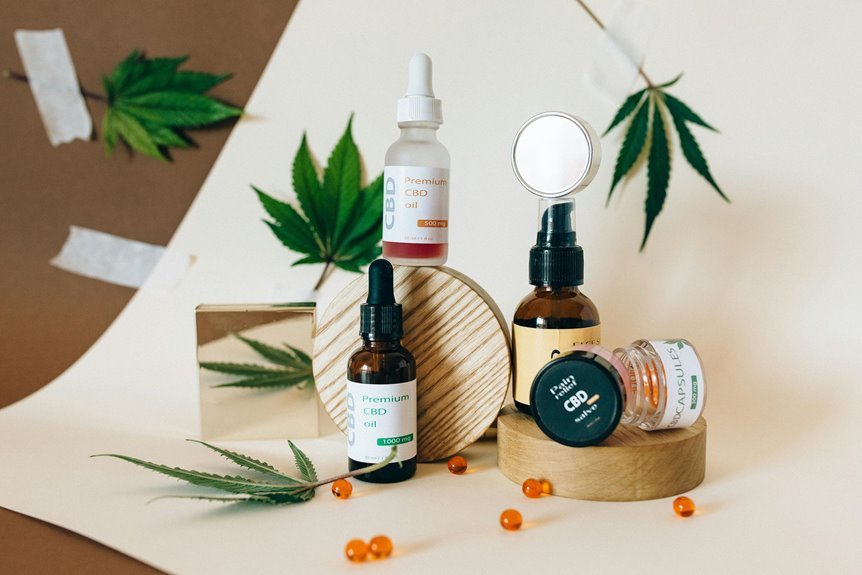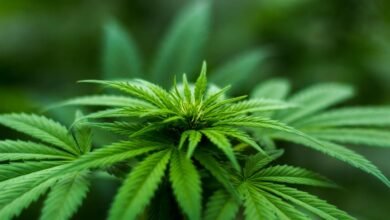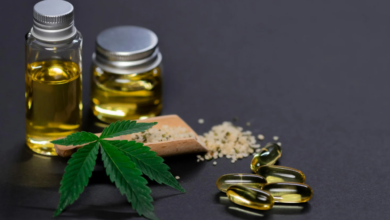What Is Cbd Stand for

CBD, or cannabidiol, is a compound derived from the cannabis plant. Unlike THC, it does not induce a psychoactive effect. Increasingly, CBD is recognized for its potential therapeutic applications, particularly in managing anxiety, inflammation, and chronic pain. As interest in this compound expands, understanding its differences from THC and its various forms of use becomes essential. The implications of these distinctions may influence personal health choices significantly.
Understanding Cannabidiol: The Basics of CBD
Cannabidiol, commonly known as CBD, is a naturally occurring compound found in the cannabis plant.
It is extracted using various cbd extraction methods, such as CO2 extraction and solvent-based techniques, each affecting potency and purity.
Understanding the cbd legalities overview is crucial, as regulations vary by region.
This knowledge empowers individuals to make informed choices regarding CBD's potential benefits and uses.
CBD vs. THC: Key Differences Explained
How do CBD and THC differ in their effects and uses?
CBD, or cannabidiol, is non-psychoactive and often associated with therapeutic benefits, while THC, or tetrahydrocannabinol, induces euphoria and is psychoactive.
CBD legality varies by region, promoting its widespread use, whereas THC remains restricted in many areas.
Both compounds have safety profiles, but CBD is generally considered safer for everyday use.
Potential Benefits of CBD: What the Research Says
While research on cannabidiol (CBD) is still evolving, numerous studies suggest it may offer a range of potential health benefits.
CBD research indicates it could aid in alleviating anxiety, reducing inflammation, and managing chronic pain.
These findings highlight the growing interest in CBD health, as many individuals seek alternative remedies to promote well-being and improve their quality of life.
How to Use CBD: Forms and Dosage Guidelines
A variety of CBD products are available, each offering unique methods for consumption and varying effects.
Common consumption techniques include oils, capsules, edibles, and topicals.
Dosage methods depend on individual needs, body weight, and the desired effect.
Starting with a low dose and gradually increasing allows users to find optimal levels while ensuring safety and effectiveness.
Always consult a healthcare professional for personalized guidance.
Conclusion
In summary, cannabidiol, or CBD, presents a promising panorama of potential health benefits without the psychoactive effects of THC. Its therapeutic traits, targeting anxiety, inflammation, and pain, have sparked significant scientific scrutiny. As more studies surface, savvy consumers can seek suitable solutions tailored to their needs. Ultimately, understanding CBD's characteristics and careful consideration of dosage can pave the path toward enhanced well-being and informed choices in the ever-evolving landscape of health and wellness.






